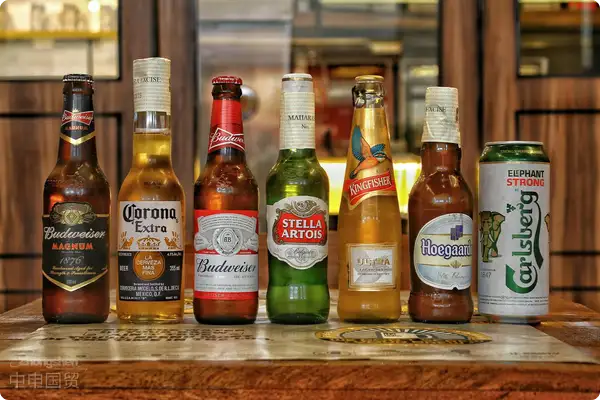- Shanghai Zhongshen International Trade Co., Ltd. - Two decades of trade agency expertise.
- Service Hotline: 139 1787 2118
With the implementation of the Regulations on the Supervision and Management of Enterprises Implementation of Food Safety Responsibilities and theimport and exportAdministrative Measures for Food Safety, food safety management and labeling requirements for imported food have become stricter. As the identity certificate of imported food, the accuracy and completeness of Chinese labels have become the focus of supervision. This article aims to analyze recent disputed cases of imported food and provide legal guidance and risk prevention suggestions for imported food operators.

Common issues and disputes regarding imported food labels
Chinese labels on imported food are subject to strict supervision during customs clearance and domestic market circulation. Due to the complexity and diversity of label content and standards, they often become profit loopholes for professional whistleblowers. Below are several common label issues:
(1) Missing mandatory information:Essential warnings, unsuitable consumer groups, or complete information of overseas agents are not labeled on the minimum packaging of specific food products, or the outer packaging labels lack complete details of overseas agents.
(2) Inconsistency between Chinese labels and actual products:Multiple pieces of information on the labels, such as food name, ingredients, dates, etc., do not match the markings on the food bottles or the actual products.
(3) Translation issues:The translation of Chinese labels may be inaccurate, which could result in imported food failing to comply with Chinas Food Safety Law and standards.
(4) Inconsistent label samples:There are discrepancies between the actual Chinese labels on the products and the label samples retained by customs.
Compliance measures for imported food operators
To avoid legal risks, importers of food products need to adopt the following compliance measures:
(1) Strengthen the management of declaration data:Carefully fill out and review declaration data, maintain good communication with customs, and ensure the accuracy and completeness of the data.
(2) Improve customs compliance:Establish and enhance a customs compliance system, conduct regular risk assessments and rectifications, and ensure the companys compliant operations.
(3) Conduct thorough incoming inspections:Establish an incoming inspection system, fulfill review obligations, and ensure the legality and safety of imported food products.
(4) Develop early warning plans:Prepare response plans in advance for potential complaints and administrative investigations, and strengthen internal risk management.
How to deal with malicious complaints from complainants
In actual operations, companies may encounter malicious complaints from whistleblowers. To address this issue, companies can adopt the following strategies:
(1) Actively cooperate with administrative investigations:During administrative investigations, companies should provide relevant evidence to prove the legality and safety of imported food products.
(2) Consult legal professionals:When facing complex legal disputes, companies should promptly consult legal experts to obtain professional legal opinions and advice.
(3) Utilize legal measures:Companies can employ legal means such as litigation or complaints to respond to malicious whistleblowers and protect their legitimate rights and interests.
Under the current legal environment, the management of Chinese labels on imported food has become a key focus of supervision. To avoid legal risks, importers of food products must strengthen compliance management to ensure the accuracy and completeness of labels. At the same time, companies also need to adopt effective response strategies against potential malicious complaints to safeguard their legitimate rights and interests.
Related Recommendations
Category case
Contact Us
Email: service@sh-zhongshen.com
Related Recommendations
Contact via WeChat

? 2025. All Rights Reserved. Shanghai ICP No. 2023007705-2  PSB Record: Shanghai No.31011502009912
PSB Record: Shanghai No.31011502009912









